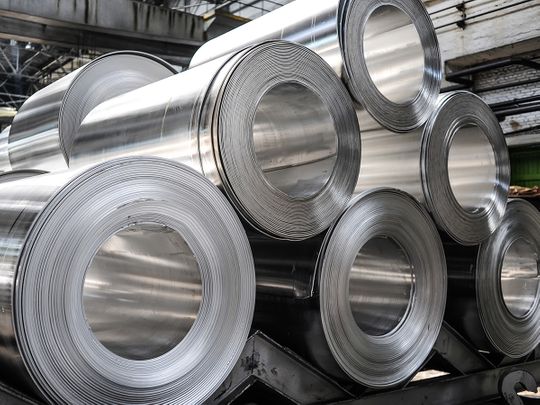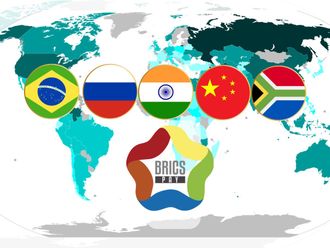
In these two weeks, the world slipped into fresh turmoil with the Russia-Ukraine conflict. And what’s happening there enters each of our lives in direct and indirect ways, with the cost of living rising as basic commodities record higher prices due to the shortage of raw materials.
This conflict has created ripples across the manufacturing industry just as it was emerging from the pandemic setbacks. Raw materials, manpower, energy, and freight are the basic constituents of this industry. So, there is a worldwide shortage of raw materials as Russia and Ukraine were major exporters until February 24.
The 2020 pandemic created its share of problems for supply chains and resulted in an increase in prices of the end product as well as for raw materials. As a result, we saw a direct influence on the overall building material industry.
Freight costs turn burdensome
Another problem is the steady increase in freight costs. Maersk is one of the biggest shipping lines and it has stopped bookings to and from Russia and Ukraine. All lines have stopped at various ports as they are not allowed within a 200-mile radius of these countries. Hence, a shortage of empty containers is apparent in various parts of the world.
This has set off a surge in freight costs as war risk premium is turned up due to the re-routing of containers. We can also observe escalating bunker costs due to increasing oil prices. The end result are higher prices for petrochemical products, corian, sanitary-ware, acrylic, fiberglass, cultured marble, and quartz.
The energy and gas crisis is another gripping issue we are facing. Entire Europe depends on Russia for its gas and energy supplies. With the advent of war, energy costs - especially coal and building materials - have skyrocketed. As a combined effect, it has put colossal pressure on the building material industry in general.
Disruptions in manpower too
Another issue we can detect is manpower shortages in Europe. A huge Ukrainian population is employed in Europe’s manufacturing industry. Due to the conflict, they have been called back to their homeland to fight.
The war has put a halt to steel industries in the world, consequently, impacting industrial products like Alucopanel, sanitary fittings, and electrical items. As Russia supplies 20 per cent of the world’s softwood, the conflict has given rise to price hikes in wood products, wood pulp, softwood, beech wood, oak, chipboard and MDF.
The timber market has undergone a massive shortage as major imports are from Ukraine and Canada. As Canada is unable to meet all of the requirements, timber prices have gone up exponentially. The lamination industry has taken a blow, as raw materials like Kraft paper and Phenolic glue are in short supply.
Any conflict creates ripples for the whole world. The overall increases in price across categories is cascading through the supply chain and beginning to show up at the consumer level. There is bound to be a shortage in building material availability if the conflict escalates. And prices will keep on rising…












